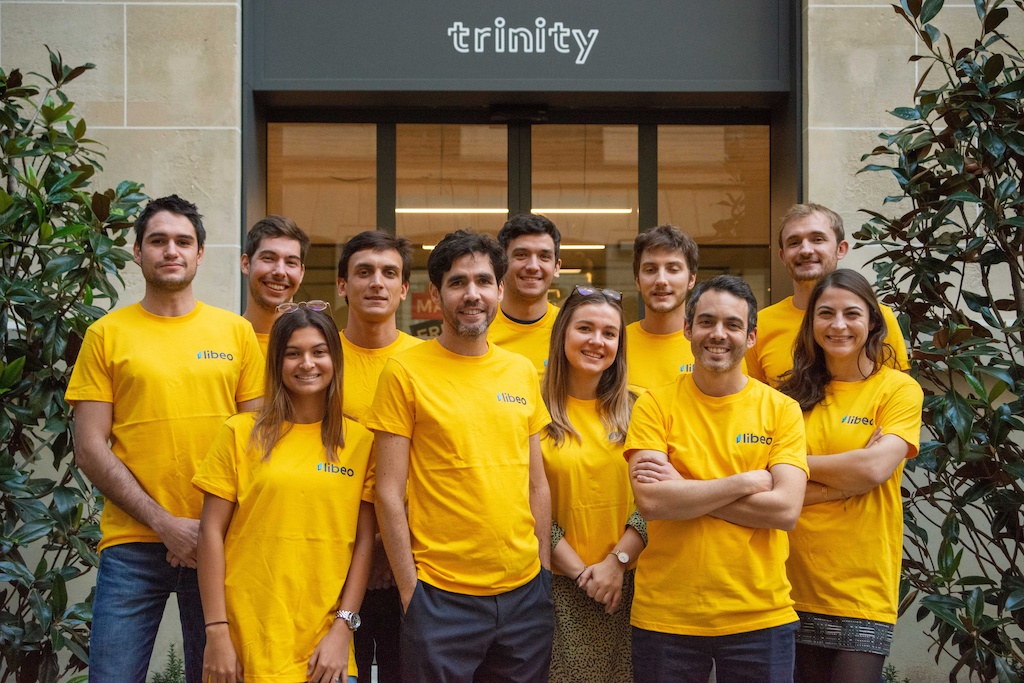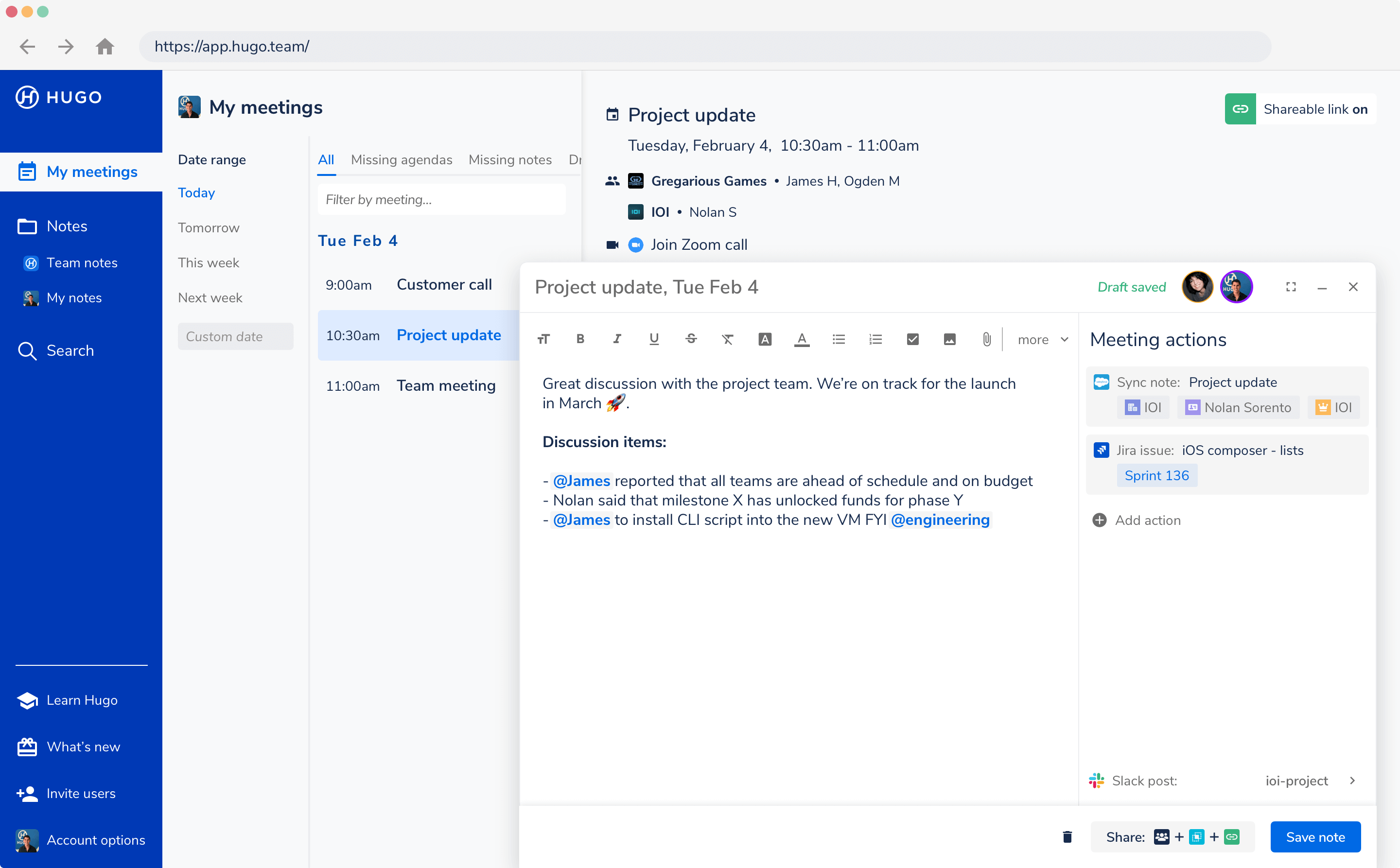Michael Ovitz didn’t invent the idea of a talent agency, but one might argue that he perfected it. He founded the CAA in 1975, and grew it into the world’s leading talent agency, serving as chairman for 20 years. Now, Ovitz is investing in a brand new type of talent agency called Human Capital.
Human Capital is a hybrid organization, one part VC fund, one part recruiting business, and one part creative agency. (Human Capital did not invest in its agency startup from its VC fund.) The Human Capital VC fund has $210 million in assets under management.
The Human Capital recruitment/agency company, founded by former General Catalyst associate Armaan Ali and Stanford grad Baris Akis, looks to provide for tech engineers the same services that Ovitz provided to actors and creatives back in the 70s, 80s and 90s. Engineers are some of the most sought-after talent in Silicon Valley and across the globe. And while big corporations and high-growth startups duke it out over these young engineers, the candidates themselves have little to no guidance around where they should go, what they should expect during the process, and, in some cases, what they should expect to earn.
Ovitz — alongside Qasar Younis, Founder of Applied Intuition and former Partner & COO of YC, Adam Zoia, Founder and Chairman of Glocap, Stephen Ehikian, cofounder and CEO of Airkit, and other financial institutions and LPs — recently injected $15 million into Human Capital, which is valued in the hundreds of millions according to the company.
Human Capital looks to pair the brightest engineers with the right company for them, while giving startups a new way to approach recruitment. Thus far, the company has 5,000 members (engineers) and has placed them at startups like Brex, Grammarly, Robinhood and more.
Human Capital starts by doing outreach on university campuses with outstanding engineering programs, setting up coffee with engineers who have been recommended or referred by alumni of the program. Once accepted as a member, the engineer explains to Human Capital what type of role they’re interested in, whether it’s at a big corporation, a high-growth startup, or an early-stage company where they have the opportunity to build something from scratch.
The recruitment team at Human Capital then coaches the engineer through the interview process and beyond, helping with decision-making around promotions, understanding equity, and negotiating new offers.
The org never charges the engineer, but rather takes a commission on the engineer’s annual income for the first year from the startup that recruited them.
Ali explained to TechCrunch how Human Capital is operating during the coronavirus pandemic, describing a situation in which the top talent that is in the market right now has a level of uncertainty about the future, leading them to seek positions at huge companies like Facebook and Google.
“Our hypothesis when we started this was that there are amazing businesses that are being run better at an earlier stage and have a proxy for that same type of stability [at a Google or Facebook] via their access to capital, alongside other foundational pieces of business security, such as their business model, unit economics, long-term vision for the company, gross margin rate, and growth opportunities for individuals at those companies.”
He said that Human Capital believed that, if a macro event occurred in the market place — we’re right in the middle of one of the least predictable and most impactful macro economic events ever — some of those ‘stable’ earlier stage businesses wouldn’t be hit in the same way as public companies who have to worry about short-term profitability.
“The issue is that you have to know a lot about those businesses in order to be able to discern that, and that’s our job,” said Ali. “And what we’ve seen is that a number of the companies in that position are actually ramping up recruiting right now.”
There is no mandatory link between Human Capital’s venture capital fund and their recruiting/agency entity, though the fund does like to invest in engineers who have gone through the program and move on to start their own businesses. Those types of investments include Brex, Bolt, and Qualia among others. Human Capital also invests in companies for whom they’ve recruited, such as Livongo, Snowflake, Clumio, Wildlife, and Trackonomy. Human Capital has a preference for leading rounds only for companies that are started by its engineer members.
The model isn’t unlike SignalFire or GloCap, founded by Adam Zoia (investor in Human Capital). The idea is that VC funds are great for capital injections, but with the cut-throat recruiting atmosphere and a finite number of engineers, that money can be relatively useless if it can’t be used to bring on the best talent. So firms like SignalFire (in the tech world) and GloCap (in the business/finance world) put recruitment front and center in their value proposition. (GloCap doesn’t invest, but is the premier recruitment platform in the financial sector.)
Human Capital is also starting to look at potential acquisitions that can beef up its agency business, recently acqui-hiring Khonvo Corporation, a recruitment agency founded by Archit Bhise and Andrew Rising.
Ovitz explained to TechCrunch that his ultra-successful career as an agent stemmed from his ability to make decisions about people and projects quickly. He sees the same type of intuition in Ali and Akis at a much younger age and with less experience than he had.
“It’s a checklist in your head,” said Ovitz. “It’s a combination of when your brain meets your stomach, your intellect meets your gut that lets you know you’ve hit a winner. The thing that’s allowed Ali and Akis to build a company that’s worth the hundreds of millions in such a short period of time is that they had that when I met them without having an enormous amount of experience.”
He added that access to the internet, which he did not have during his agency days, is an amazing learning tool and an ‘epic crutch’ that, when paired with good instincts, can accelerate the learning curve on building a business.
(It’s worth noting that this isn’t Ovitz’ foray into Silicon Valley. The entertainment powerhouse was one of the earliest advisors to Marc Andreesen and Ben Horowitz during the formation of the legendary VC firm A16Z, helping them model the firm after CAA itself. Ovitz has been quietly investing in and advising tech startups for the past 15 years.)




